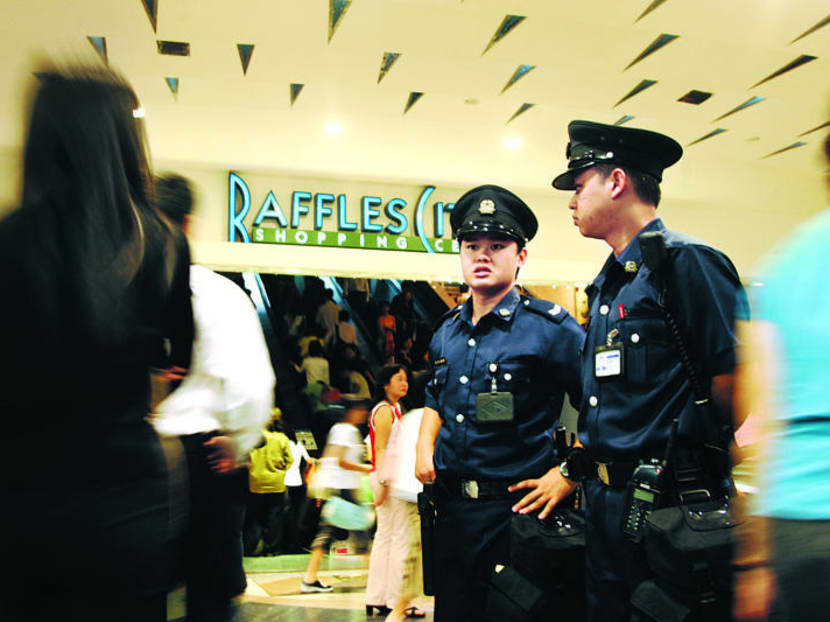S’poreans’ positive view of the police deemed remarkable
SINGAPORE — A 2013 study led by the Institute of Policy Studies and OnePeople.sg found that an overwhelming majority of Singaporeans believe the police treats them fairly, regardless of race or religion.
SINGAPORE — A 2013 study led by the Institute of Policy Studies and OnePeople.sg found that an overwhelming majority of Singaporeans believe the police treats them fairly, regardless of race or religion.
These results, said Prime Minister Lee Hsien Loong yesterday (Oct 4), are “very, very remarkable”, given the racial tensions between law enforcers and civilians overseas.
In the United States, demonstrations were held after a policeman killed unarmed African-American teenager Michael Brown last year.
“You look at South-east Asia, (at) some of our neighbours. You’ll know that when you go to the police, you don’t know whether you’re going to solve a problem or going to look for a problem,” said Mr Lee at the Community Leaders’ Conference.
“But in Singapore, that all the races have a high regard for the police — I think that’s a remarkable achievement for the police and for our community.
Professor Chan Heng Chee, Ambassador-at-Large at the Ministry of Foreign Affairs, remarked that many overseas visitors, especially Americans, have shared with her that the lack of tension between the different races in Singapore was “very unusual”.
They told her this was vastly different from what they have experienced in other multiracial countries.
“You’ve read in the papers about American police getting caught up, sometimes mistakenly, too quickly, shooting young Blacks,” said Prof Chan, who served as Singapore’s Ambassador to the US from 1996 to 2012.
“I think the African-American community don’t feel happy. They feel targeted, and some of them feel victimised.”
A massacre at French satirical magazine Charlie Hebdo in January put the spotlight on banlieues, or the suburbs, which in France have become synonymous with slums dominated by migrants.
“(There are) some banlieues where it’s said that even the police don’t feel comfortable entering,” said Prof Chan. “Now that’s not Singapore, and that’s not what we want. What we have is so unusual: You walk down the streets, you feel quite comfortable.”
This, she emphasised, was the result of hard work: “Young people will say it’s a mantra (and) you keep repeating it. There are some things (that) may not sound fashionable, but it’s important enough for us to keep repeating it.”







